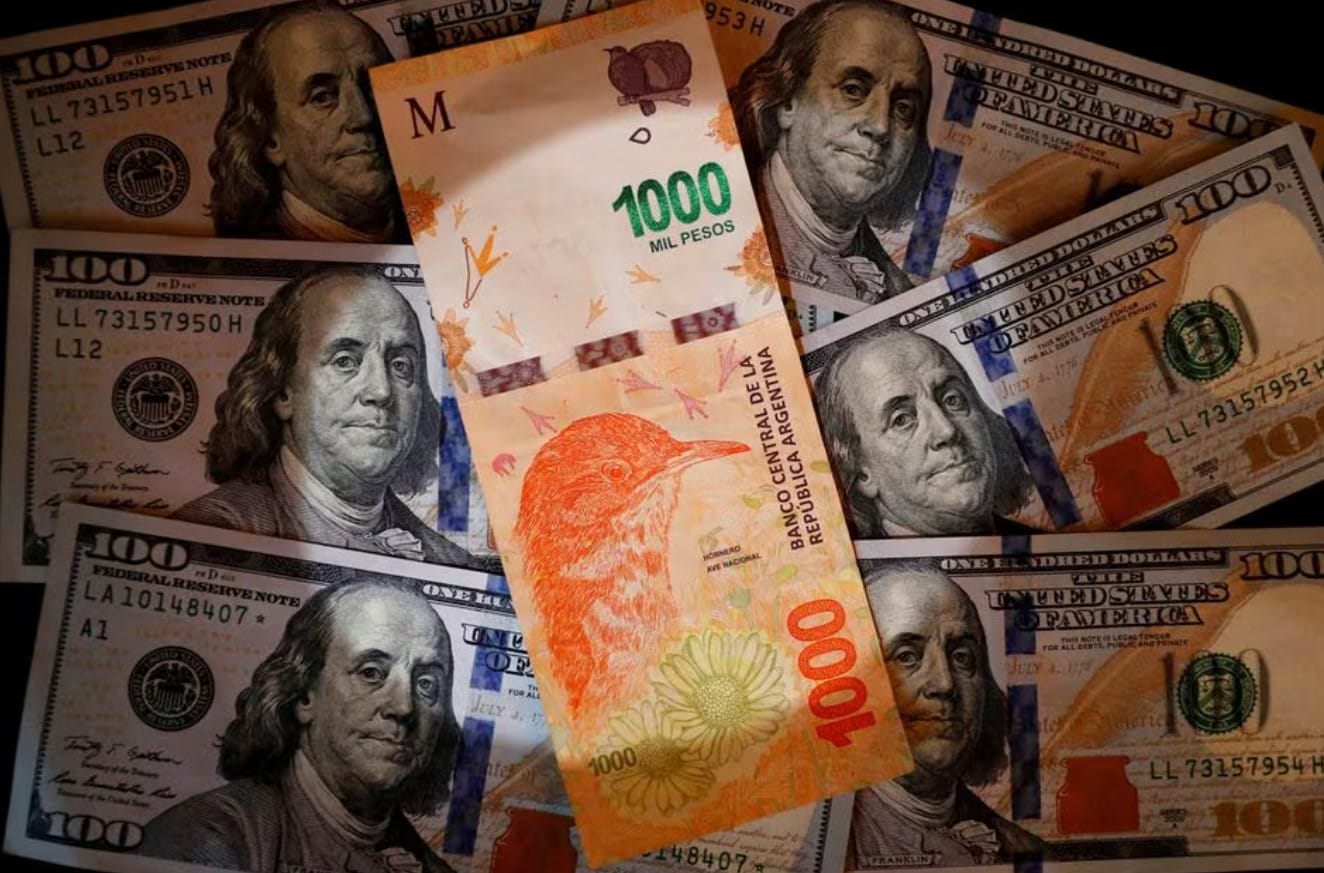The International Monetary Fund has hardened its view on how Argentina is running a $44 billion loan programme that has gone off track ahead of the country’s key presidential vote later in November, according to three sources with direct knowledge.
The IMF’s board of executive directors met in a previously unreported meeting on Oct. 30 for an informal briefing on Argentina by the Fund’s staff, as the South American nation is battling triple-digit inflation and with net reserves in the red in the run-up to the presidential vote.
During the meeting, concerns were raised on how fast the country has been burning through international reserves since the latest programme review in August, said one of the sources, who asked not to be named because the talks are private.
The wording used during the briefing also reflected a harsher stance, the source added, with board members talking about “mismanagement” of the programme by Argentina’s government, rather than terms such as “policy slippages” or “underperformance” used previously.
With “depleted reserves and an overvalued currency, recent economic measures are not aligned with the programme,” a second source added.
Argentina’s central bank has intervened in the parallel FX market for “a sizeable $2.7 billion in the last three months as FX pressures have been rising amid the election cycle,” according to a JPMorgan note. The bank added that negative net foreign currency reserves stand at $15.3 billion.
IMF funding has been crucial to keep Argentina’s government finances afloat and the fund has given the agricultural exporter suffering a historic drought some breathing room to fulfill its obligations in recent months.
In an August report, the IMF said that Argentina’s programme had gone off track, but allowed for changes in some goals – such as easing reserves targets – to put it back on course.
The harder stance from the IMF reflects a view that despite the concessions, the programme is sliding further off the rails – which could jeopardise future disbursements.
It also comes at a sensitive time for the cash-strapped country, which has a review of the programme scheduled for early November. A review is a key step needed for the country to reach a staff level agreement that – once signed off by the Fund’s executive board – would trigger the next tranche of financing.
A spokesperson for the IMF confirmed that the Oct. 30 meeting had taken place “in line with the established practice” and added that no date had been set at this stage for the seventh review.
“As with any Fund review, we will need to establish that the program remains on track to achieve its objectives and there is work and further engagement to be done,” the IMF spokesperson added.
A spokesperson for Argentina’s Economy Minister did not reply to a request for comment.
KEEP ON PAYING
The top global exporter of soybean oil and meal was hit by its worst drought in 60 years, and the economy derives a large chunk of its hard-currency revenue from commodity exports.
Farmers were facing losses of over $14 billion in soy, wheat and corn production, according to the Rosario grains exchange.
Argentina is heading to a runoff between Peronist Economy Minister Sergio Massa and far-right candidate Javier Milei on Nov. 19, with polls pointing to an increasingly tight race.
During the Oct. 30 meeting, a representative for Argentina said that the country was committed to remain current with IMF payments, one source added. The country’s next maturity is for around $900 million in December.
Battling an acute scarcity of dollars, the country has recently used a combination of Chinese yuan from a swap line with Beijing’s central bank and other sources of financing to complete payments to the Washington-based lender since June.
Argentina became the IMF’s top debtor in 2018 after receiving a $57 billion bailout to help then-President Mauricio Macri’s government steer out of an economic crisis.
But that programme failed and the Peronist government that took over in late 2019 negotiated a loan with modest economic targets tailored to refinance $44 billion still owed.







Click here to change your cookie preferences